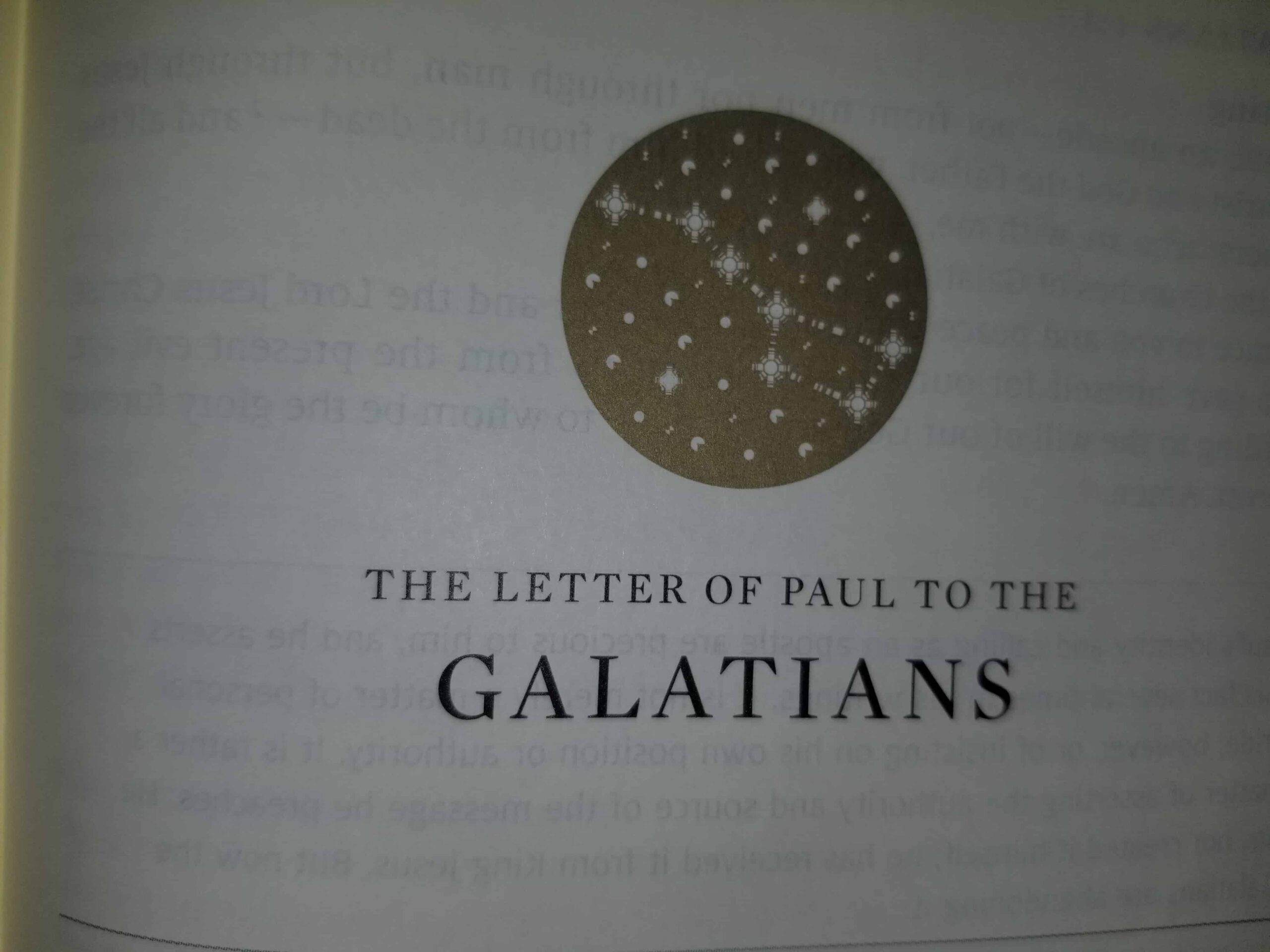⏱️ Estimated Reading Time: 4 min read
In the middle of his discussion of the relationship between the Abrahamic and Mosaic covenants, Paul poses the question that his readers—and we—were likely thinking about: “Why then the Law?” If the promise, as Paul stated earlier, had come through Abraham, and Christ had been crucified because of the law, and if people under the law are cursed, and if reconciliation with God is by faith through Christ, then this is a good question, right? Why even have the law at all, given that Abraham had the promise and the law seems to have only brought bad things.
I’m glad you asked, Paul says. “It was added because of transgressions, until the offspring should come to whom the promise has been made . . .” (Galatians 3:19). That is, God delivered the law to his people because of their transgressions. Because of sin, God added the law in order to hold in check—as much as is possible—the sin of his people. He gave them guidelines, boundaries that would act as markers along the road of life. This way leads to destruction; this way to life. This is how you draw near to God; this is how you depart from God. This is how you live in right relationship with God and others; this is how you dishonor God and others.
This law was only ever intended as a temporary guide, “until the offspring should come to whom the promise has been made.” Paul made clear earlier that this was Jesus Christ, who himself said that the Law and Prophets pointed directly to him. Jesus on the Emmaus Road explained, “in all the Scriptures the things concerning himself” (Luke 24:27).
This Jesus is the Second Person of the Trinity, God in the flesh, who mediates the new covenant himself. And that leads to Paul’s next point, namely that the law “was put in place through angels by an intermediary. Now an intermediary implies more than one, but God is one” (Gal 2:19–20). This law was always intended to be a temporary guide until promised Messiah of Genesis 3:15 would come, and in addition to that, the law required a mediator between humans and God. Saints of the Old Testament could not draw near to God in the same was as Christians can because they still needed a mediator between them and God. They still needed the sacrificial system. And God dwelled in the temple/tabernacle, not in them directly, as the Spirit does now. The temple curtain has now been torn in two, and believers have no need of a merely human mediator between us and God, because Christ himself—the Second Person of the Trinity—is that mediator.
As we think through the implications of Paul’s reasoning as to why God sent the law and why the promise is superior to the law, let us not lose sight of Paul’s focus: Jesus Christ. Christ reigns supreme in Paul’s hermeneutic, and all of the law points forward to him. This is good news, friends! Therefore, let us heed the admonition of the author of Hebrews:
Therefore, brothers, since we have confidence to enter the holy places by the blood of Jesus, by the new and living way that he opened for us through the curtain, that is, through his flesh, and since we have a great priest over the house of God, let us draw near with a true heart in full assurance of faith, with our hearts sprinkled clean from an evil conscience and our bodies washed with pure water. Let us hold fast the confession of our hope without wavering, for he who promised is faithful. and let us consider how to stir up one another to love and good works, not neglecting to meet together, as is the habit of some, but encouraging one another, and all the more as you see the Day drawing near. (Hebrew 10:22–25)




